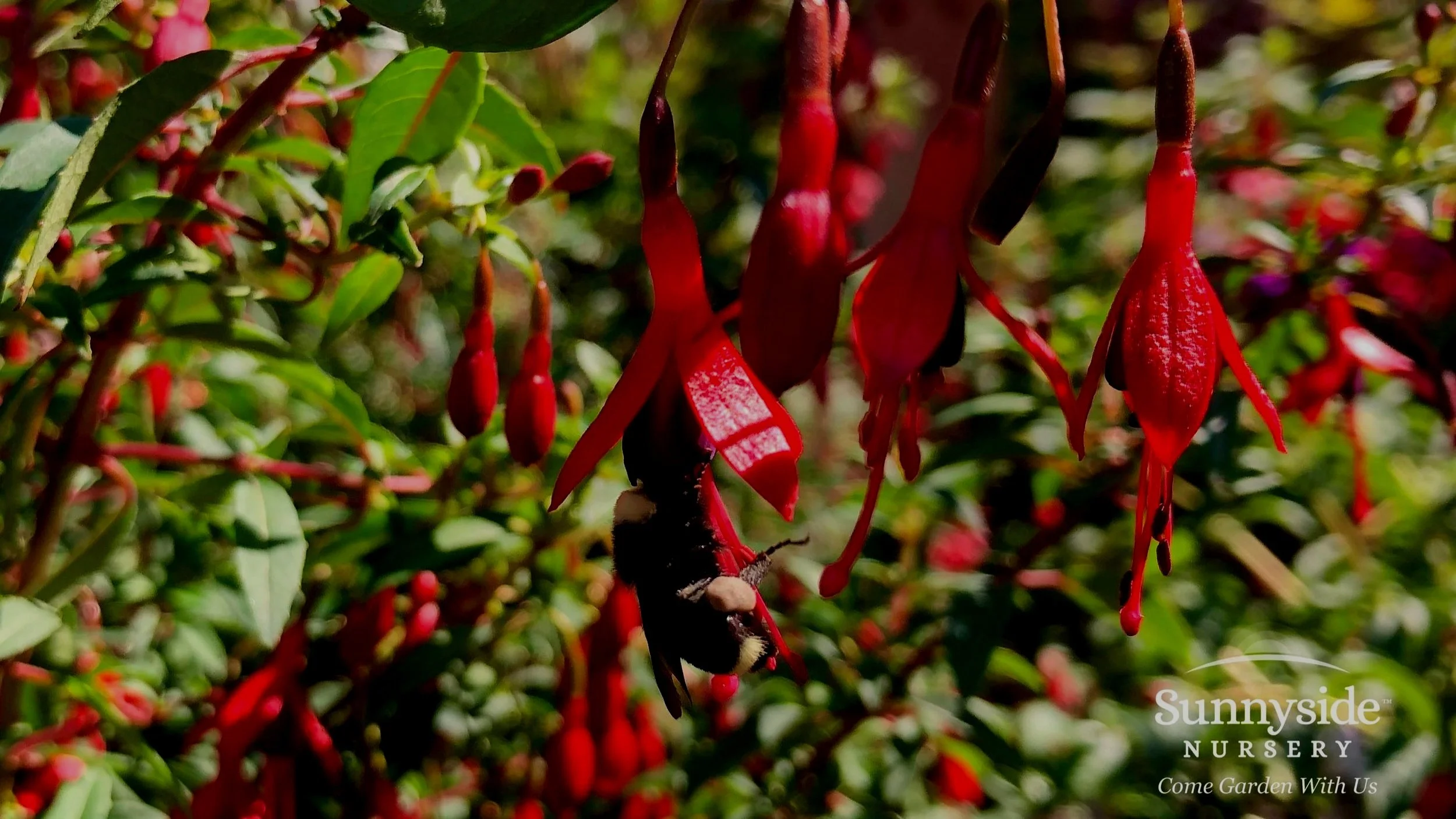Outside my patio sliding door, in several pots on my south-facing, full sun deck, is a selection of herbs including parsley, sage, rosemary, and thyme. I know this probably sounds like a Simon and Garfunkel song, and for most of us, we simply can’t mention these four herbs without involuntarily breaking out into song. I believe this is what is called a “Pavlovian response” if I remember my Psych 101 lessons, but I am digressing. These above four herbs, along with several others also on my deck, are cold hardy and easy to grow year-round in our maritime climate.
Herbs are mostly hardy perennials for us with a few exceptions, such as basil which can only be grown successfully in the heat of the summer along with lemon grass and lemon verbena which also need a bit more heat and are not winter hardy. In addition to the above four herbs, I also have pots of chives, oregano, and mint (although the mint is currently chopped to the ground and dormant). Lavender, dill, and horseradish are also hardy for our gardens and there are probably several minor herbs as well that PNW gardeners grow. I should note that many herbs can be brought into the house for the winter and placed in a sunny window for harvesting throughout the dark days of winter. But let’s circle back to the “Simon and Garfunkel herbs” and learn a bit more about them…
Parsley, according to folklore, will remove bitterness in a relationship. As a culinary additive to a meal, it is also thought to have digestive qualities. I remember my mother telling me it would improve one’s breath and because rabbits were so fond of it, it surely must have some reproductive influences (needless to say, as a child that value was way off my radar screen). While mostly used as a garnish, when consumed parsley is rich in vitamins and minerals and can support the immune system. The variety I am currently growing is the curly version but Italian works just as well.
Sage, perhaps best known as an herb to stick in the cavity of a turkey, is symbolically considered to promote strength and wisdom. It is reported to help manage diabetes, promote healthy skin, improve digestion, and reduce overall inflammation. Combining it with parsley will help counteract its natural bitterness.
Rosemary is one of my favorite herbs to grow because of its long-lasting fragrance. Also, mine has been blooming almost the entire winter with its delicate blue flowers that my resident hummingbirds simply can’t resist. Rosemary represents love and fidelity in ancient folklore. In the kitchen, it is reported to bring a slightly woodsy flavor to pork and lamb and will help digest these fatty meats. The ancient Greeks and Romans believed rosemary helped with memory and in warding off diseases.
Thyme, which comes in quite an array of ornamental varieties (all of which can be used for culinary purposes), has been a symbol of courage and happiness in folklore. Historically, it was used to treat asthma and headaches. In the kitchen, it combines well with fish and lemon and of course is essential in Italian dishes.
Try combining all four of these herbs together for a delightful flavor in many dishes, not to mention that they also have many health benefits. You can grow them in the ground or close to your kitchen in containers, they can even all grow together in the same container. All four herbs are equally happy as long as they have good drainage and lots of sun. Bon a petit and happy gardening!



